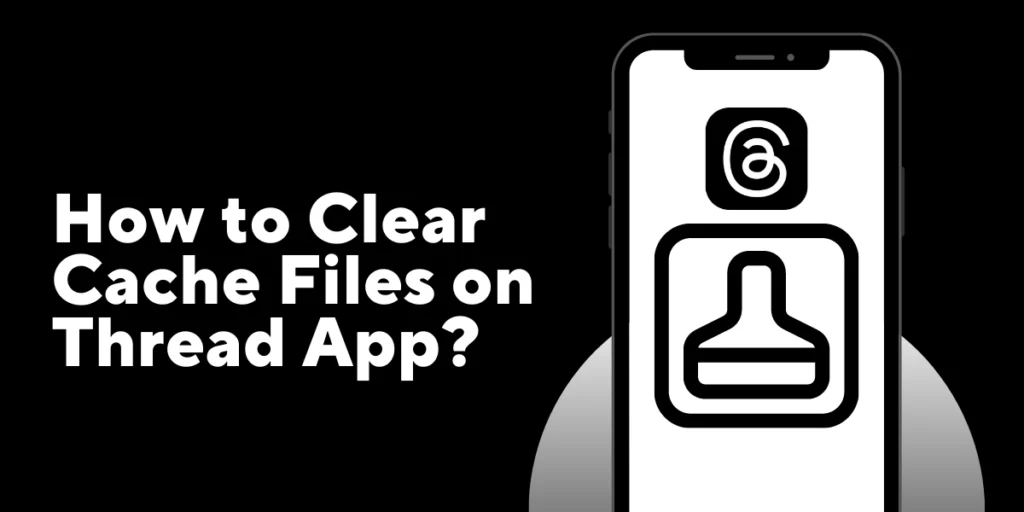In recent years, cryptocurrencies like Bitcoin have grown hugely in popularity. Bitcoin pioneered blockchain technology, which allows secure digital payments without banks. This disrupted online finance. Blockchain records all transactions in a public ledger shared between users. Bitcoin proved demand exists for digital money outside traditional systems. Experts predict online payments will increasingly move away from banks towards new blockchain-based systems. The future of digital finance, especially in America, remains unclear but exciting.
The Genesis of Bitcoin
In 2008, Satoshi Nakamoto proposed a new digital cash system in a whitepaper titled “Bitcoin: A Peer-to-Peer Electronic Cash System.” Nakamoto saw issues with traditional currency relying on trusting centralized authorities like banks. To solve this, the whitepaper introduced the concept of blockchain, a public ledger secured through cryptography that would record all transactions in growing blocks of data (Source: Bitcoin Whitepaper).
The paper described how the Bitcoin network would validate transactions and add them to the blockchain through mining. Miners would be incentivized by receiving new Bitcoin for verifying transactions. This created scarcity and regulated new coin production over time.
When implemented in 2009, Bitcoin brought Nakamoto’s vision to life. It allowed value to be transferred directly between parties without an intermediate authority. Over a decade later, Bitcoin remains the dominant cryptocurrency, showing the lasting impact of creating a decentralized digital money system.
Understanding Bitcoin: Decoding the Basics
Bitcoin is a digital currency created in 2009 that operates on a decentralized peer-to-peer network. It introduced blockchain technology, which is a distributed public ledger maintained by a network of computer nodes running Bitcoin software. Blockchain ledger records all confirmed Bitcoin transactions in a permanent, unalterable way in digitally chained blocks.
Each block contains a cryptographic hash of the previous block, linking them together in chronological order. When a transaction occurs, it is broadcast to the nodes who validate it by competing to solve a complex cryptographic proof of work puzzle. The first node to solve it broadcasts the solution, and other nodes verify it before adding the validated transaction to their blockchains.
This process secures the network, as changing a single transaction would require recalculating all subsequent blocks. Miners are rewarded with new bitcoins and fees for verifying transactions. With no central authority, Bitcoin is controlled by its decentralized global user base and limited supply of 21 million coins.
Bitcoins can be transferred directly from one person to another via the Internet without an intermediary like a bank. Users have electronic wallets to send and receive bitcoins. Wallets have public addresses that look like long strings of random letters and numbers. Any Bitcoin transaction sent to this address is recorded safely on the blockchain.
Understanding Blockchain – The Technology Behind Cryptocurrencies
Blockchain is a distributed digital ledger that records transactions in a verified and permanent way. But what exactly does that mean? Let’s break it down:
Distributed Ledger
- Blockchain operates across a network of computers rather than being controlled by a single entity. This distributed network allows the ledger to be maintained securely without centralized administration.
Digital Ledger
- The ledger records transactions made in the blockchain system. In systems like Bitcoin, this includes financial transactions of cryptocurrency being sent between users’ digital wallets. However, the ledger can record any sort of transactional data or digital events.
Grouped into Blocks
- Transactions are grouped together and recorded in blocks. Each block contains a cryptographic hash of the previous block, linking them together in a chronological and verifiable chain. (Hence the term blockchain.)
Cryptography & Verification
- Cryptography, such as cryptographic hashes and digital signatures, secure each block and transaction. This provides validity and transparency to the ledger without the need for trusted third parties. Cryptographic consensus keeps the network in agreement.
Permanent & Unalterable
- Once a block adds to the chain, it cannot retroactively alter the record of transactions it contains without altering all subsequent blocks. This immutability ensures integrity and prevents fraudulent replays of past transactions.
Applications Beyond Currency
- While Bitcoin kickstarted interest in the tech, blockchain has many potential uses where a distributed, cryptographically verified ledger could be beneficial, like supply chain management, land registries, and other record-keeping endeavors.
In summary, blockchain creates a secure and transparent infrastructure to bridge trust across a decentralized network, replacing centralized middlemen with code and cryptography. This reaches far past monetary systems and affects how we handle data and digital interactions.
Bitcoin: The Rising Star in the U.S. Financial Sky
The United States has seen tremendous growth in Bitcoin adoption in recent years. Beyond just increasing acceptance from major businesses, more unique platforms have emerged that showcase new uses for cryptocurrency. One example is www.bitcoincasino.us, a site that celebrates Bitcoin in an entertaining way.
By embracing blockchain technology, they allow customers to instantly access winnings directly in their crypto wallets. This underscores the evolving potential for digital currency beyond just transactions. Their focus on security and quality gaming options for U.S. and global users alike reflects the broader mainstreaming of Bitcoin.
As young generations worldwide become more comfortable with virtual engagement, platforms innovating at the intersection of entertainment and tech point to Bitcoin’s role in powering new online models. Sites celebrating cryptocurrency through fun experiences highlight its growing cultural impact. The continued proliferation of innovative services accentuates why the U.S. maintains leadership in advancing this evolving payment network.
Embracing Disruption: Case Studies of Bitcoin Adoption
Early prominent companies that drove mainstream acceptance by supporting Bitcoin payments include Overstock, Microsoft, and Dish Network. Overstock’s 2014 acceptance helped legitimize Bitcoin’s commercial viability. Microsoft fueled greater awareness by enabling crypto payments on its online store and cloud services. Similar steps by other firms underpinned growing familiarity and lower perceived risks around digital currencies.
Overcoming Obstacles: Bitcoin’s Growing Pains
Issues like price volatility and scalability have tested Bitcoin users and developers. However, various upgrades like SegWit and the Lightning Network have increased transaction capacity. Innovation in this vibrant ecosystem continues addressing existing challenges to strengthen Bitcoin for widespread future usage. Developers remain committed to achieving decentralization at scale.
Final Thoughts and Future Prospects
While Bitcoin’s journey so far has been promising, it is the future that holds the most intrigue. With continued growth in online activity and digital preferences, Bitcoin could become firmly established in future American online transactions. As more stores start accepting it, familiarity will breed further demand.
Properly addressing major issues around scalability and energy usage can enable Bitcoin to revolutionize digital economies globally and claim a spot as the future of online transactions in America. Despite the remaining challenges, observers closely watch its remarkable disruption of the status quo as it shapes modern finance, and we will continue to monitor the journey from here.
The Future is Digital: Bitcoin and the Coming Cashless Era
Sweeping trends point to less cash usage and more digital payments overall. Already, countries like China have almost abandoned cash in daily life. Younger generations prefer virtual methods like digital wallets and cryptocurrencies over physical notes. This increasing shift towards cashless societies and economies worldwide uniquely positions Bitcoin to gain from it. Its technical framework aligns directly with the coming digital era’s needs and preferences.





